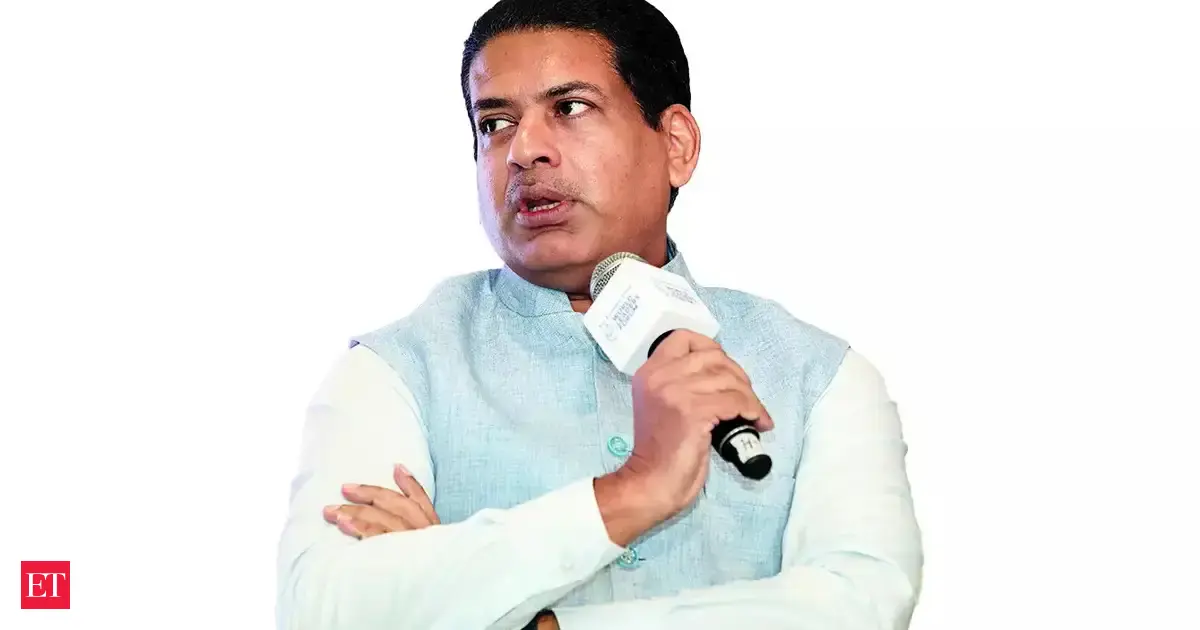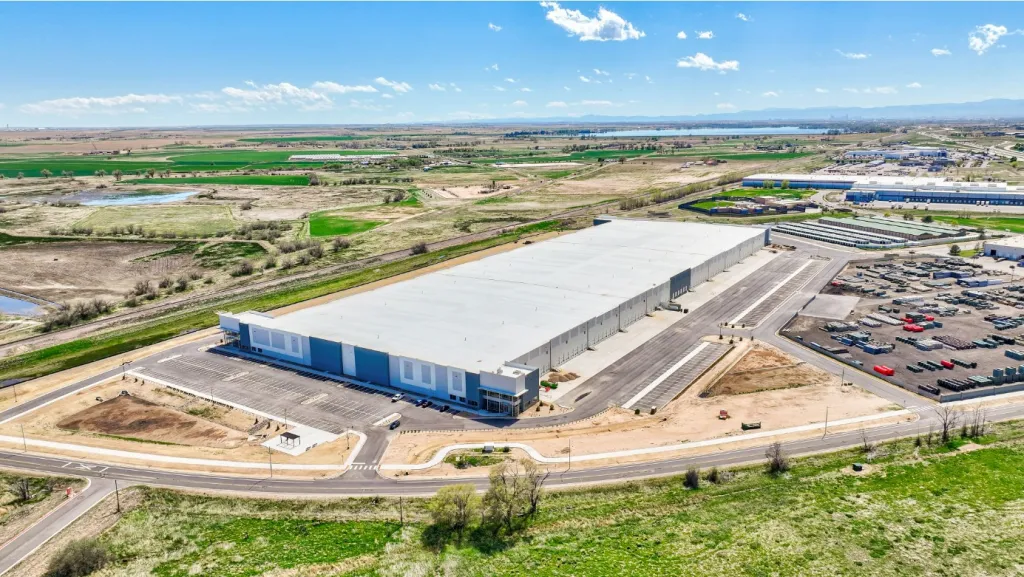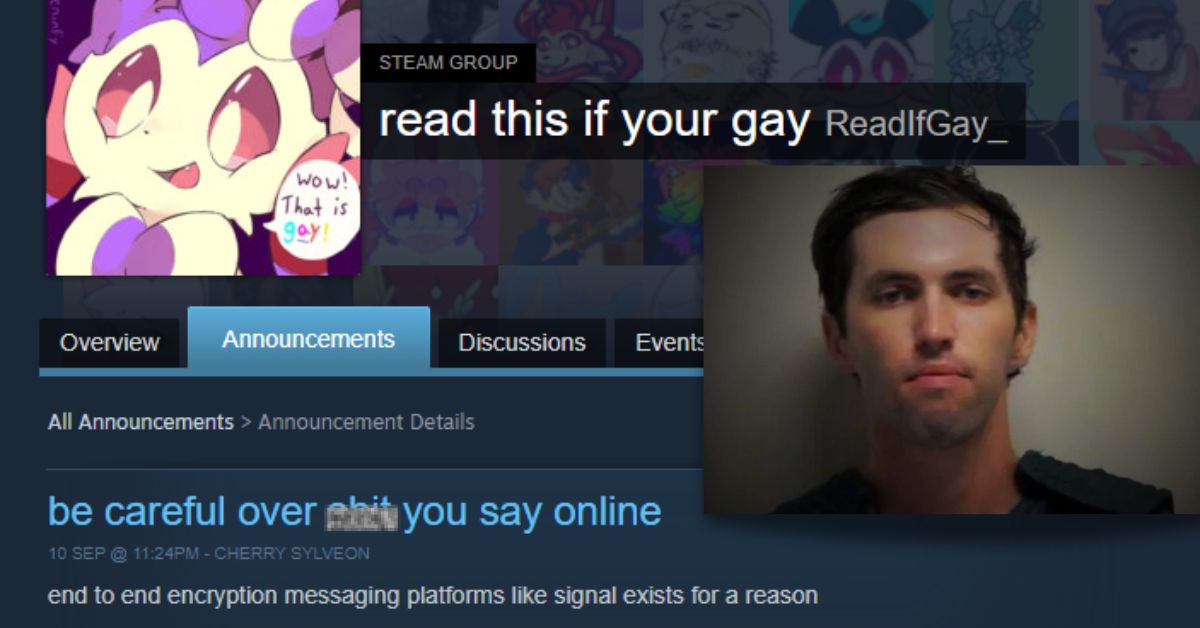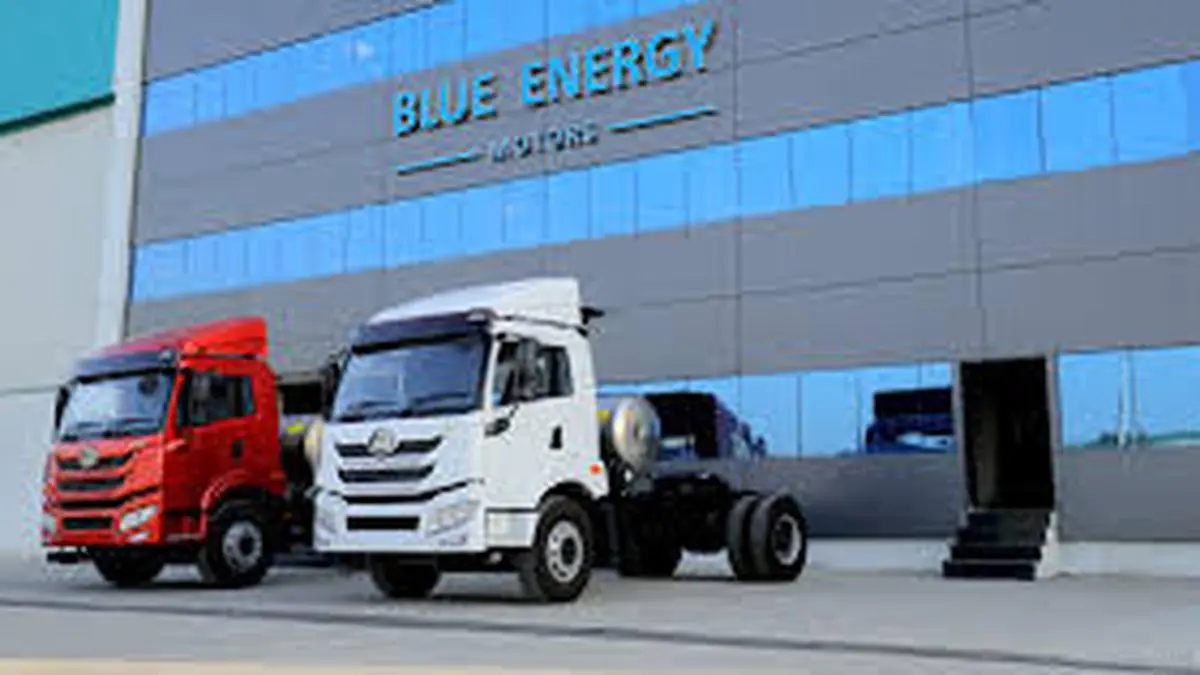By Ibe Wada
Copyright bizwatchnigeria
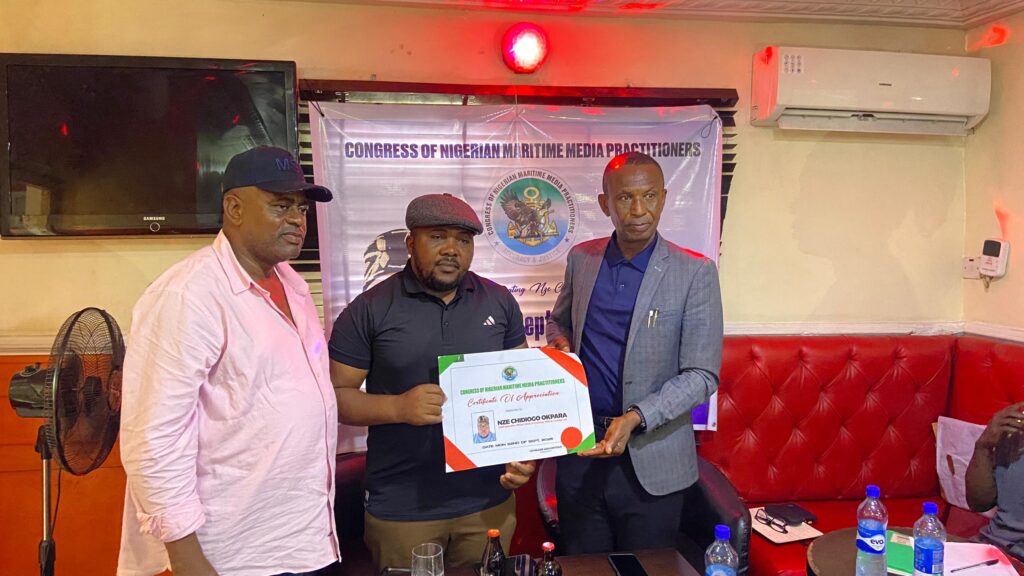
A leading freight forwarder and Chief Executive Officer of Chidosky Marine Concept Ltd., Nze Chidiogo Okpara, has called for greater transparency and inclusive policymaking in Nigeria’s maritime sector, warning that inefficiencies and rising costs are stifling trade and discouraging investment.
Okpara, who spoke at the CONMMEP Roundtable Conference in Lagos, criticised the implementation of the B’Odogwu Unified Customs Management System, launched by the Nigeria Customs Service (NCS) in October 2024 to replace the NICIS II platform.
Touted as a milestone for efficiency, transparency and digital transformation, the system has, one year on, left stakeholders divided. While Customs reports impressive revenue gains, many importers say the rollout has created more problems than it solved.
Okpara recounted how his company lost over ₦20 million in demurrage and storage fees due to operational delays.
“We lost about three months of operational time. The system functioned at 30–40% capacity during the rollout. Transactions that should take minutes now take hours. We were left stranded and broke,” he said.
Clearing agents have complained of system downtime, unresolved bugs, and poor support. Many were unable to process documentation for consignments with more than 20 line items, while others resorted to working at odd hours to use the system when functional.
Despite these setbacks, Customs has maintained that B’Odogwu has improved government revenue. The Tin Can Island Port Command alone generated ₦747 billion in the first half of 2025, reflecting nearly 30 per cent year-on-year growth.
But for Okpara, these numbers mask the deeper challenges confronting businesses. He warned that the cost of clearing a 40-foot container has soared to as much as ₦16 million—about ₦6 million higher than in neighbouring West African ports.
“The burden is becoming unbearable,” he said. “Many small and medium importers are closing shop. Others are incurring debts just to survive. We need policies that encourage growth, not punishment.”
Industry discontent has also been fuelled by the controversial 4% Free-On-Board (FOB) levy introduced under the 2023 Customs Act. Although suspended twice—in February and again in September 2025—operators allege the charge is still being collected, deepening mistrust in the system.
Okpara argued that such policies highlight the need for genuine stakeholder engagement.
“We are not against innovation. We’re against exclusion,” he said. “Systems like B’Odogwu should be piloted properly. Levies should be discussed openly. If government works with us and not against us, we can unlock Nigeria’s full maritime potential.”
Despite the hurdles, Okpara’s company has continued to expand, buoyed by global partnerships and a reputation for integrity. Beyond business, he has also taken on a mentorship role, helping younger freight agents navigate the sector.
“My passion goes beyond profit. I want to see others rise too. That’s how we build a stronger industry,” he said.
For many stakeholders, the real test of B’Odogwu lies not in revenue collection but in whether it delivers long-term value, fairness, and ease of trade.
“The maritime sector is Nigeria’s economic gateway,” Okpara stressed. “Corruption, poor training, lack of infrastructure—these are the issues weighing us down. If your hands are clean, you can survive. But it shouldn’t be this hard to do honest business.”
Whether the B’Odogwu system becomes a success story or a cautionary tale, stakeholders agree that the next steps taken by government will determine the trajectory of Nigeria’s maritime industry.
